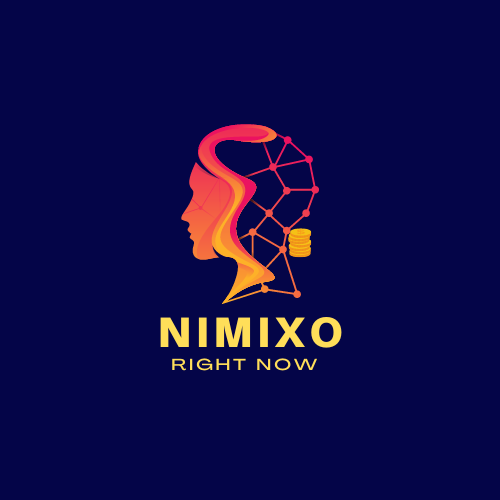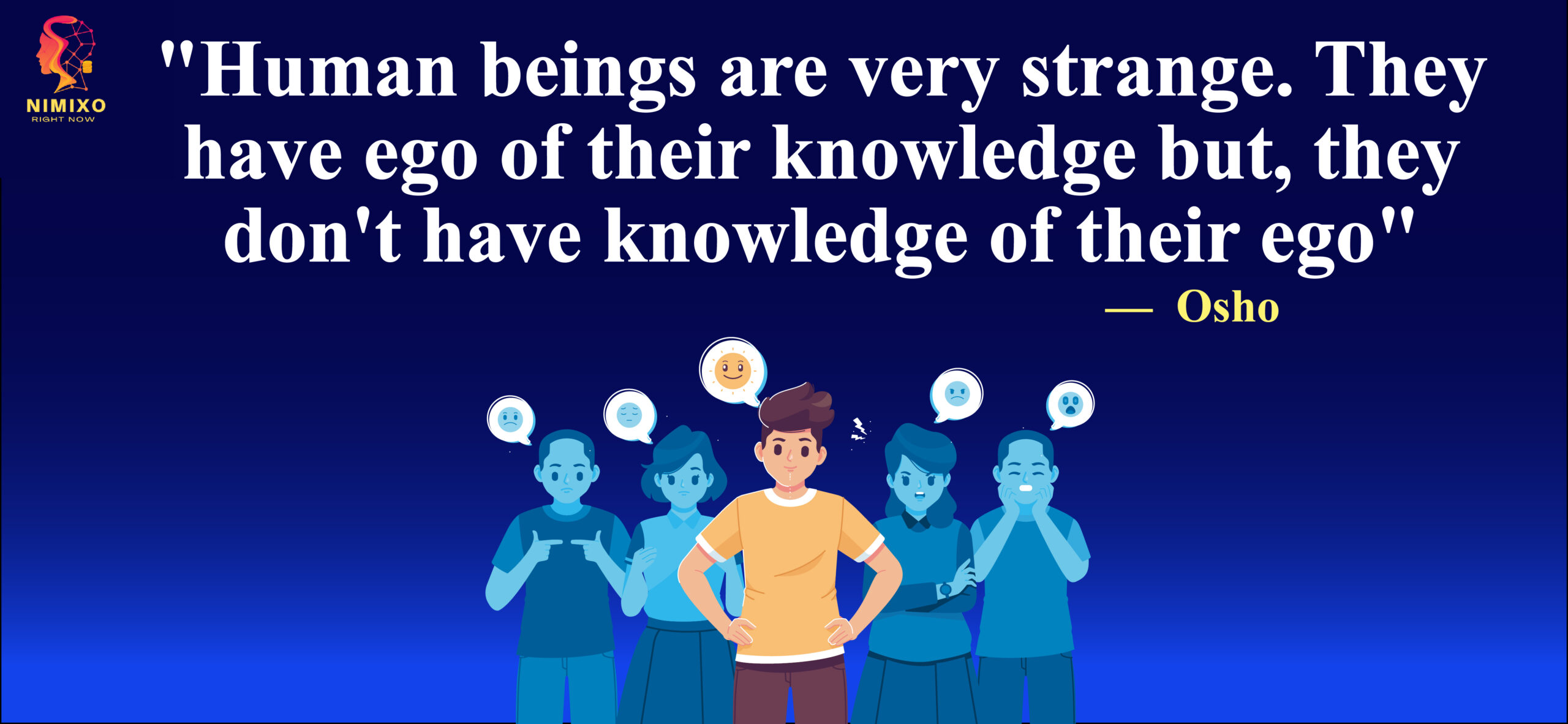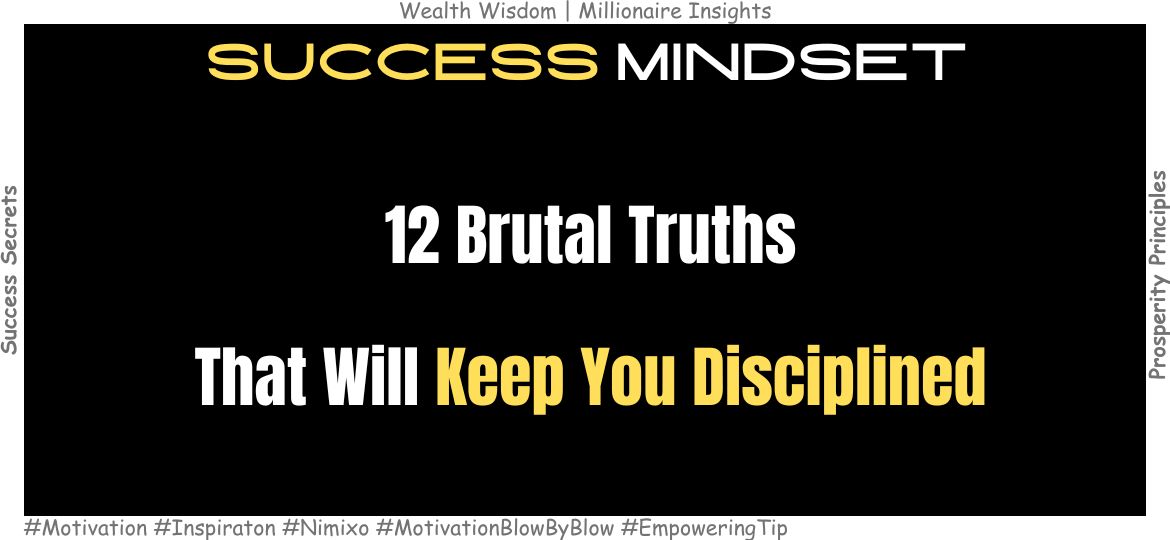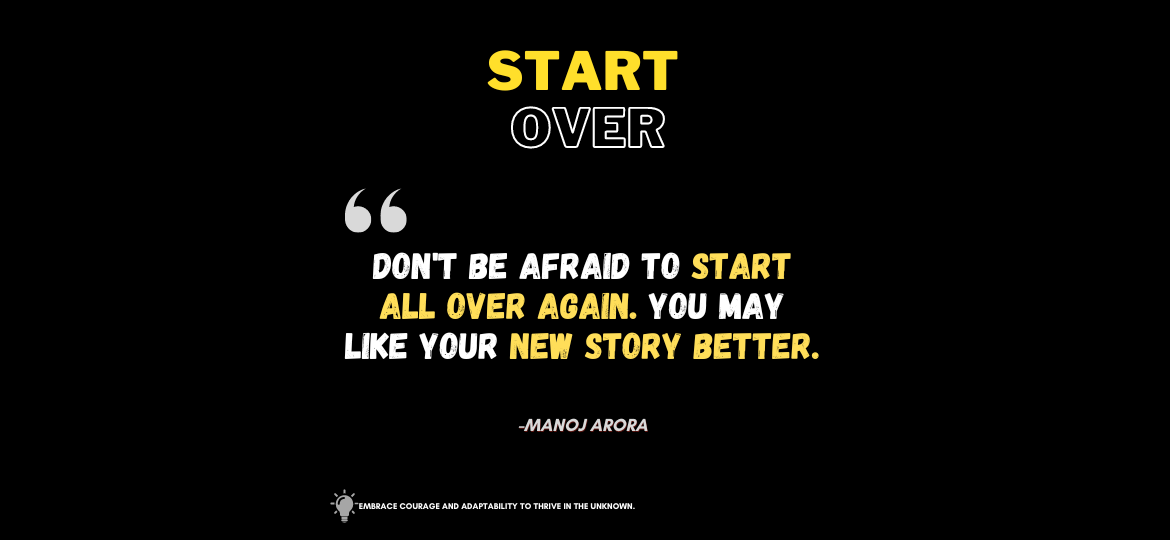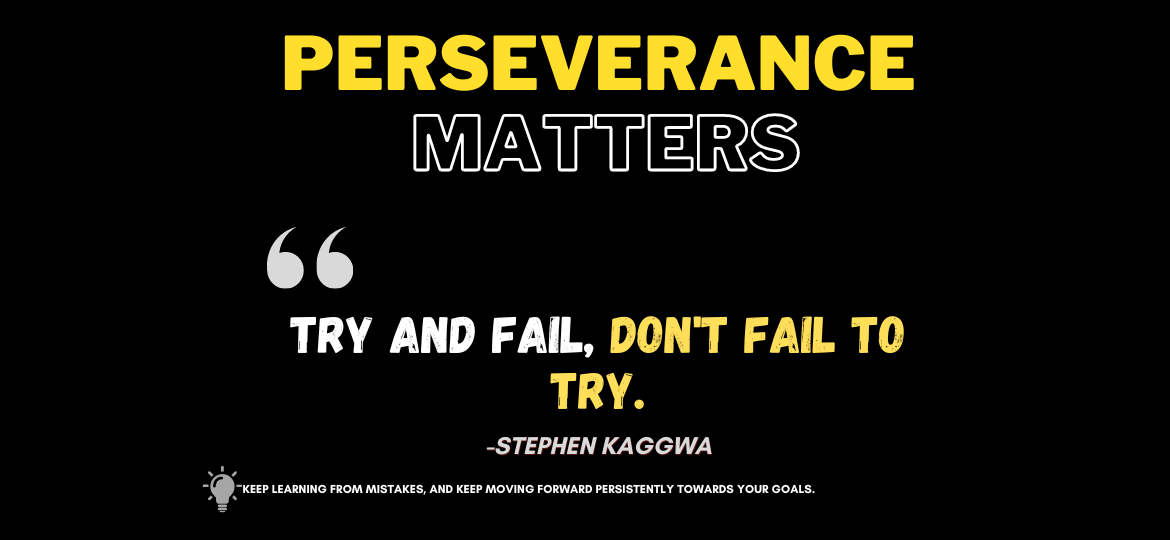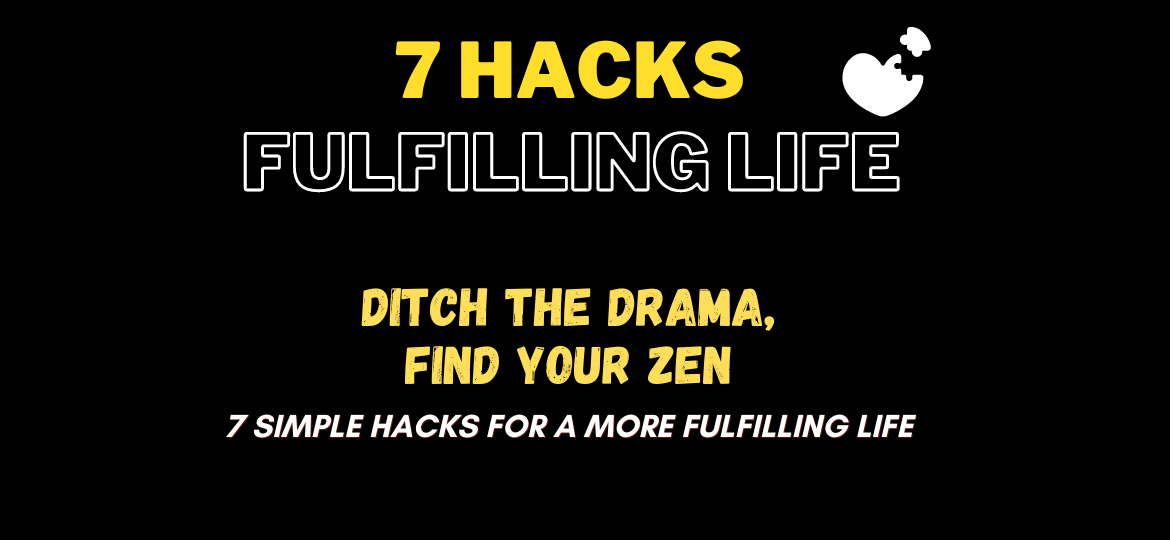The Paradox of Ego and Knowledge
Human beings are truly fascinating individuals. They possess the ability to acquire knowledge, yet they frequently become entangled in the mystery of their own ego. The paradox lies in the reality that, while they may take pleasure in their knowledge, they frequently overlook the enormity of their ego. In this piece, we will explore this enigma, delving into real-life anecdotes and insights to illuminate the dynamic relationship between ego and knowledge, all the while encouraging introspection, inspiration, and emotional connection.
The Ego-Knowledge Paradox
Picture an individual who takes pride in their extensive expertise in a specific domain, such as astronomy. They effortlessly rattle off facts about the cosmos, celestial bodies, and the laws of physics. While their knowledge is indeed impressive, what often goes unnoticed is the accompanying ego. They may dismiss opposing viewpoints, diminish those less informed, and constantly crave validation. This egotism can impede their personal development and relationships.
Conversely, contemplate someone who recognizes their limitations and actively seeks to learn from others. They might possess less astronomical knowledge, but their humility and openness render them more receptive to novel ideas and diverse perspectives. Their pursuit of knowledge remains untarnished by ego, enabling them to flourish and foster more meaningful connections with others.
The Road to Self-Reflection
The journey to navigate the ego-knowledge paradox begins with self-reflection. It’s essential to recognize when your ego is overshadowing your knowledge and wisdom. Ask yourself: Are you open to alternative viewpoints? Do you dismiss others’ input based on your own knowledge? Can you admit when you don’t know something?
The Dunning Kruger Effect
The Dunning-Kruger Effect represents a psychological phenomenon in which individuals with limited proficiency in a task tend to overestimate their competence. This phenomenon underscores the significance of self-awareness. Individuals possessing genuine expertise tend to undervalue their abilities, while those with less knowledge often inflate their own competence. The crucial point is to recognize your current position and aspire for personal growth.
Motivation for Growth
Understanding the ego-knowledge paradox should not discourage you but motivate you to grow. Embrace a mindset of continuous learning and self-improvement. Realize that knowledge is boundless, and no one knows everything. By humbling yourself, you open doors to new experiences and collaborations.
Real-Life Story: Richard Branson
Richard Branson, the entrepreneur and founder of the Virgin Group, exemplifies the significance of humility and continuous learning. Even with his remarkable achievements, Branson maintains an accessible and open attitude, always ready to gain insights from his errors. His readiness to acknowledge his boundaries and solicit guidance from others has been a fundamental factor in his achievements.
Embracing Others and Building Connections
To navigate the ego-knowledge paradox effectively, it’s crucial to embrace others and build meaningful connections. Ego often isolates, while humility and openness bring people together. By valuing the knowledge and experiences of others, you enrich your own understanding of the world.
Real-Life Story: Malala Yousafzai
Malala Yousafzai, the Pakistani education activist and Nobel laureate, embodies the strength of humility and empathy. Even though she is widely acknowledged globally, she maintains her humility and willingness to gain wisdom from others. Her steadfast dedication to girls’ education worldwide serves as evidence of the transformative influence of knowledge that goes beyond self-interest.
Human beings, with their ego and wisdom, are truly a complex and intriguing enigma. As we grapple with this dual nature, it’s important to bear in mind that knowledge isn’t a means of asserting superiority but a chance for personal development and building connections. Through practicing humility, showing respect for others, and embracing an ongoing voyage of education, we can untangle this puzzle and genuinely prosper.
Keep in mind that the journey toward wisdom and enlightenment is marked by humility, empathy, and an insatiable thirst for knowledge. Embrace the paradox, and you’ll discover that the path itself is just as enlightening as the ultimate destination.
